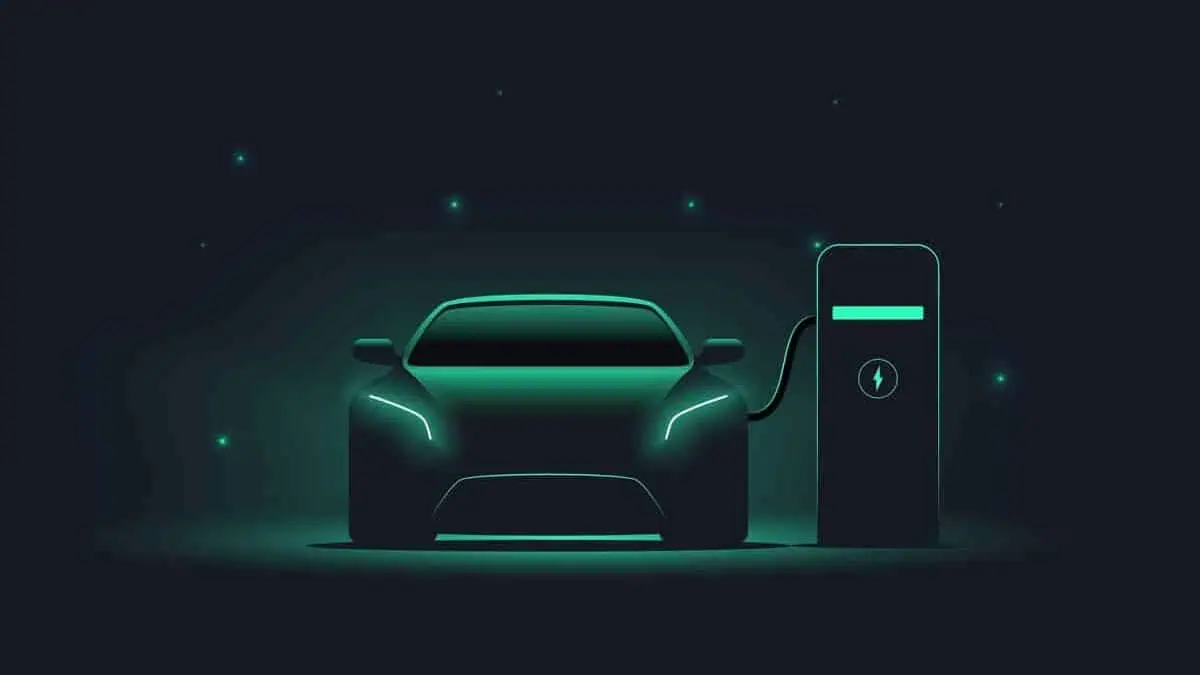The following are the top 20 most common myths and misconceptions about electric vehicles and their batteries:
| No. | Misconception | Debunking Explanation |
| 1 | EVs have high carbon footprints due to battery production. | Battery production does have emissions, but studies show EVs have lower lifetime emissions than gasoline cars, especially with cleaner electricity grids. |
| 2 | EV batteries quickly lose range and need constant replacement. | Modern Li-ion batteries degrade slowly, losing only a few per cent of range per year. Replacement is rarely needed before the car itself is at its end of life. |
| 3 | EVs take too long to charge and require special infrastructure. | Fast chargers can top up batteries to 80% in 30 minutes or less. Charging infrastructure is growing rapidly, with options at home, workplaces, and public stations. |
| 4 | Cold weather significantly reduces EV range. | Range can decrease in cold, but efficient driving practices and pre-heating the car can mitigate this. Newer battery technologies are also improving cold-weather performance. |
| 5 | Disposing of EV batteries is a major environmental problem. | Battery recycling technologies are rapidly developing, and responsible manufacturers have take-back programs. |
| 6 | EVs are just as expensive as gasoline cars. | While upfront costs can be higher, government incentives, lower operating costs, and potential resale value can offset this. |
| 7 | Public charging is unreliable and inconvenient. | Charging networks are expanding, and apps can help locate available stations. Home charging is also a convenient option for many. |
| 8 | EVs can’t handle long road trips. | Range anxiety is decreasing with longer-range models and charging infrastructure improvements. Planning ahead and utilizing rapid chargers makes long trips feasible. |
| 9 | EVs lack power and performance compared to gasoline cars. | Many EVs offer equal or better acceleration and handling than gasoline counterparts, thanks to instant torque and efficient electric motors. |
| 10 | EVs are dangerous because they can catch fire. | EV batteries are designed with safety features to prevent fires, and they are statistically less likely to catch fire than gasoline cars. |
| 11 | Switching to EVs won’t make a significant impact on climate change. | Widespread EV adoption is crucial for reducing transportation emissions, a major contributor to climate change. |
| 12 | Only rich people can afford EVs. | Prices are coming down, and a variety of EV models are available at different price points to suit various budgets. |
| 13 | The electricity grid can’t handle widespread EV adoption. | Grid upgrades are happening, and smart charging solutions can manage demand effectively. |
| 14 | EVs require rare earth metals that are unethically mined. | Battery technology is evolving towards using less or recycled rare earth elements. Responsible sourcing practices are also being implemented. |
| 15 | EVs create more pollution than gasoline cars when you consider their entire lifecycle. | Life cycle assessments show EVs have lower overall emissions than gasoline cars, even accounting for battery production and disposal. |
| 16 | Electric car batteries don’t last as long as gasoline car engines. | Modern EV batteries are designed to last the lifetime of the car, with warranties typically covering 8-10 years or 100,000 miles. |
| 17 | EVs make loud noises and are not as pleasant to drive. | EVs are actually much quieter than gasoline cars, offering a smoother and more relaxing driving experience. |
| 18 | You can’t tow anything with an EV. | Many EVs have towing capacities, and the electric torque can even make towing some trailers easier. |
| 19 | It’s better to wait for future battery technology before buying an EV. | Waiting for perfect technology can lead to missed opportunities. Today’s EVs offer significant benefits, and technology will continue to improve regardless. |
| 20 | EVs are just a fad and won’t be around for long. | The shift to EVs is driven by factors like climate change, air quality, and energy security, making it a long-term trend with strong staying power. |






